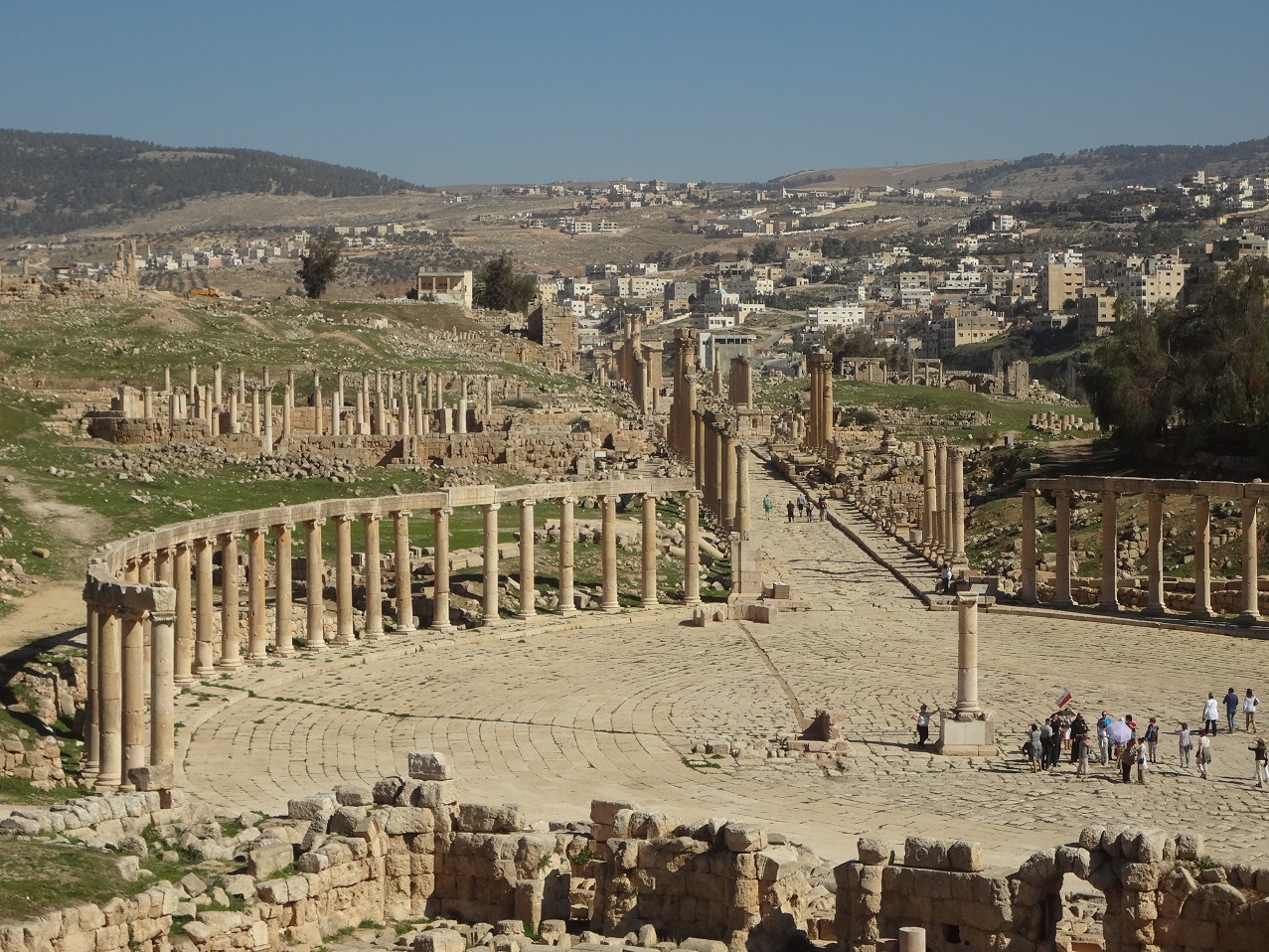
Not far from where I work is a busy street lined with cafes, chaixana, restaurants and fast food places. Bwar (my work colleague) knows them all and is very keen on one place in particular. I am sure it has a name, but no one has ever told me what it is and as there is no sign, I have no idea what is is called.
When you arrive you pay for a coloured token which determines how many dishes you get. We always get yellow which is five dishes. Once you have your token you then scramble to the counter with everyone else and pick up your food.

The food is plain Kurdish cooking and doesn't offer a great variety. You have choice of long grain or short grain rice, two soups (mutton or chicken broth) and five vegetable stews most of which are cooked in light tomato sauce - white beans, okra, eggplant, potato or turnip.
Not spicy, food is flavoursome and cheap - in addition to the five dishes you also get nan bread and a bottle of water for 5000 dinar (NZ$5). The bread is constantly arriving from the small local bakery so it is always warm and fresh.

Prepared in huge stainless steel vats, the food is fresh every day and nothing is keep over to the following day. Even the chicken is fresh and not frozen.
This is not leisurely dining. You sit at large communal tables and while your neighbours are friendly they will not be chatty. Eating is a serious business and Kurds eat really. really fast. No idle talk, just eating - chatting is for the chaixana later. I have never seen people eat so intensely - it is like they are not sure where their next meal is coming from. Once done you go.
The main dining area is the preserve of men, though very occasionally younger women will sit here without any problem. As with most traditional eating places there is a separate area inside for families and women.
 Murat really likes to cook and especially for a big group. At one of the several picnics this week in Sivas (this picnic is at Soguk Chemik or Cold Spring) he cooked a traditonal beef dish called saag. The secret ingredient is cubed fat from the tail of a sheep.
Murat really likes to cook and especially for a big group. At one of the several picnics this week in Sivas (this picnic is at Soguk Chemik or Cold Spring) he cooked a traditonal beef dish called saag. The secret ingredient is cubed fat from the tail of a sheep.















































